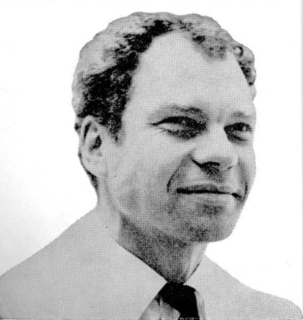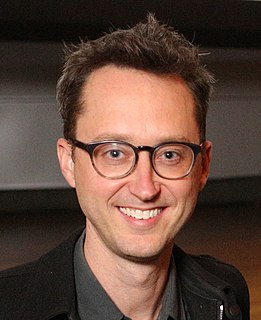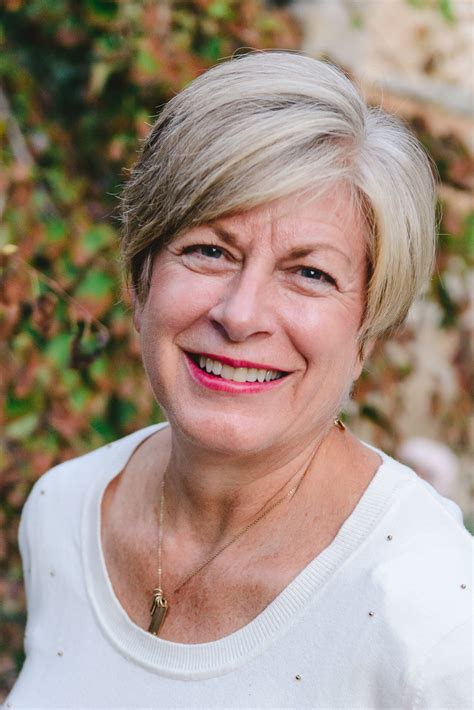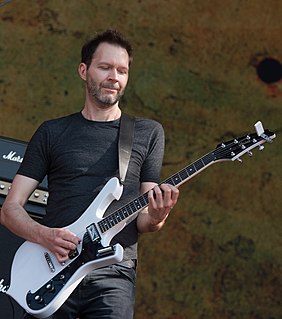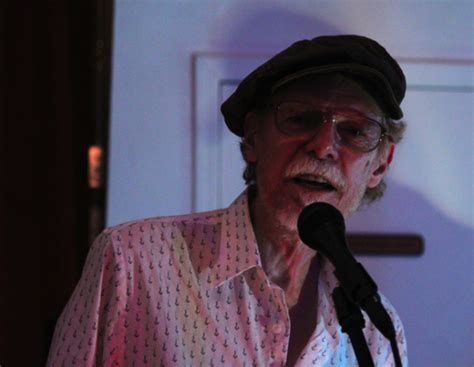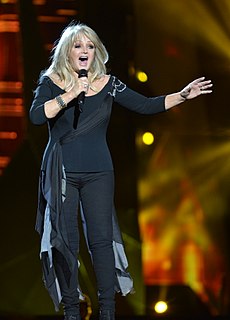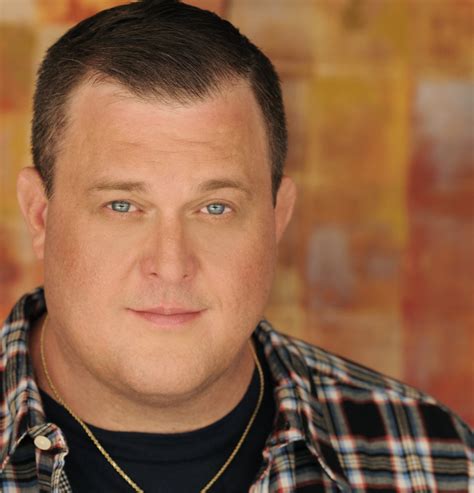A Quote by Merce Cunningham
I don't like teaching, because it's so repetitive - especially the beginning of class, which is always more or less the same and has to be carefully done. It's tedious. But I know it's necessary for dancers to keep working on technique.
Related Quotes
I learn more about how to run a set teaching six-year-olds. You go into a classroom as a teacher, and the most important work you do is create an infrastructure and an environment that's safe, in which children will feel able and free to take risk. Working with actors, you have to establish the same thing. Teaching a class is not so different than mounting a production.
Mothers who know do less. They permit less of what will not bear good fruit eternally. They allow less media in their homes, less distraction, less activity that draws their children away from their home. Mothers who know are willing to live on less and consume less of the world’s goods in order to spend more time with their children—more time eating together, more time working together, more time reading together, more time talking, laughing, singing, and exemplifying. These mothers choose carefully and do not try to choose it all.
My first official teaching job was at GIT, which was fantastic because I wanted to pay the rent and I got to stay in the building, which is an inspiring place to be - the vibe was there. My first gig was doing private lessons. It went great. Then they decided to promote me to a classroom teacher. I taught a class called Single String Technique.
My basic position is that the more mixed the society and the more mobility there is in it, the better. That's what makes things interesting. When you get a homogenous society, it's very, very dull, whether that's all working class or all upper class, because everybody thinks the same, everybody looks the same.
I have enjoyed teaching most of the times that I have done it. I also like being by myself and making things and performing, so much that if I hadn't needed an income I probably wouldn't have done much teaching. Having said that, I think working with others, having to come up with art projects, and learning how to present your ideas in a clear way, to adults and/or kids is always interesting and rewarding.
I suppose I don't have to work, but I do love working. I class myself as a working-class girl, and I've never stopped working. When I'm offered shows here, there and the other, I do an awful lot because I feel other people would love to be offered what I'm offered; who am I to say no? I'm definitely working class, and I always will be.
The fruits of the economy and all the advantages of technology and globalization have gone far more to the investor class and the professional class and not as much to the working class. Partly because of the loss of labor unions, partly because of things like a lack of antitrust enforcement, policies that have privileged shareholder returns.
